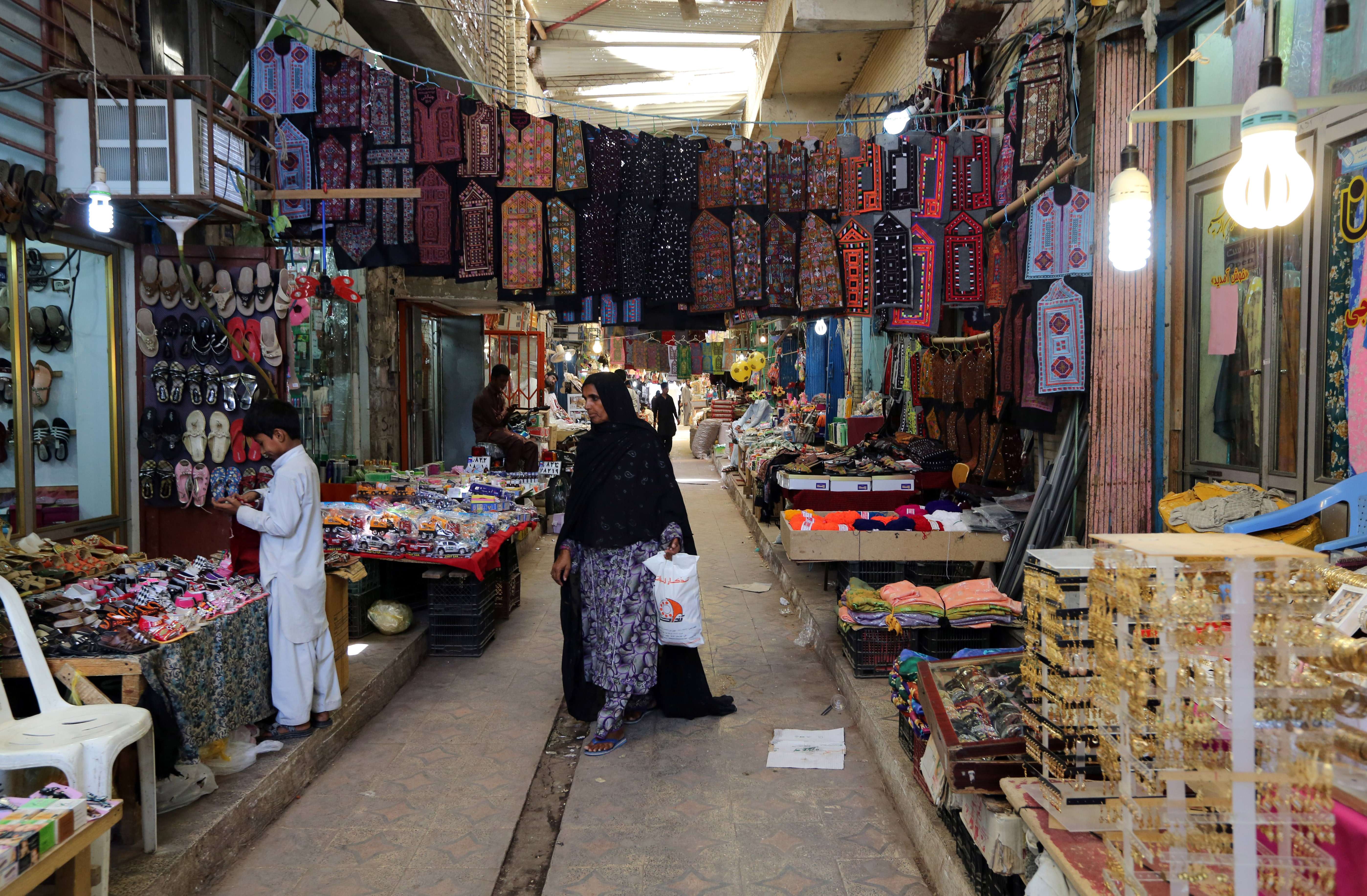
A whiff of competition is in the air.
It is swirling through every nook and cranny and drawing battle lines in its wake. The buzzword on the tip of everyone’s tongue is Chabahar Port, the distant and impoverished cousin of Gwadar Port. The frightening mix of antagonism and optimism has paved the way for increased polarisation. At this stage, our vision of both projects and their intentions have been blinkered.
Sceptics believe the long-awaited trilateral agreement among Iran, Afghanistan and India to develop Chabahar Port poses a threat to efforts to boost the untapped potential of Gwadar Port. On the other extreme, a series of attempts are being made to rope Pakistan into the agreement.
As expected, the response to the matter has been exceedingly diplomatic instead of confrontational. A large number of Pakistani officials have also gone on record to discredit rumours that Chabahar will undermine the scope and influence of Gwadar Port.
As separate narratives emerge over which project will reap greater benefits and what the weakest link is, the initial goal of these initiative is in danger of being undermined. The tug-of-war and a gruelling battle of nerves between the various stakeholders has made us forget that these projects serve as attempts to fuel change, not shift the axis of the world order.
Chabahar and Gwadar will unlock the doors and windows for positive change. If the assurances of Iranian Ambassador Mehdi Honardoost’s are anything to go by, the pact signed between Iran, Afghanistan and India will not seek to rival Gwadar Port or undermine the fundamental aims of the China-Pakistan Economic Corridor (CPEC). On the contrary, it will seek to capitalise on their comparative advantage and reap benefits from each other.
The ambassador has revived debates surrounding the Iran-Pakistan gas pipeline to persuade Pakistan to enter the agreement. The project has remained a sticking point for a long time as Pakistan has frequently succumbed to pressure and failed to begin work on the initiative. If Pakistan adopts a favourable approach to the Chabahar agreement, it will set into motion plans that have remained in the pipeline for a long time.
In a similar vein, it will help the country address the growing insecurities faced by former defence secretaries that the trilateral pact will isolate Pakistan in the region and pose a security threat.
At this critical juncture, it wouldn’t be fair to discredit the initiative because it is believed to have cropped up as a means of undermining CPEC. It is immaterial that one project is a veiled attempt to thwart the other. If both initiative are allowed to operate parallel to one another, they will eventually forge the path to progress and become the game-changers that they are expected to be.
Why should it matter if one project is a veiled attempt to thwart the other? If both initiative are allowed to operate parallel to one another, they will eventually forge the path to progress and become the game-changers that they are expected to be.
If we focus on the neutral spaces of justice instead of trying to understand the matter in terms of shifting world orders, the fundamental purpose of such initiatives will become clearer. In a region plagued by uncertainty, development can help undo the toxic past and ensure that it does not repeat itself.
Why should we lose out on this opportunity because of a string of conspiracy theories?
Although it seems naive to completely erase the impact of history in such matters, we can isolate this factor and needlessly draw insights from it. After all, what good would it do to cling to the past if it keeps holding us back? - Express Tribune